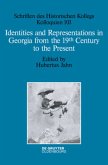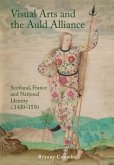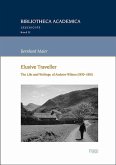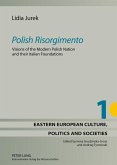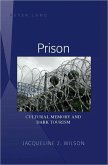This book investigates the concept of the heroic, questions what it is that makes the national hero an indispensable appendage to any possible interpretation of national identity, and asks why scholars stop short before coming to terms with this elusive phenomenon. It finds answers by following heroic traditions in Scotland, Norway and Lithuania from the early modern period to the twentieth century.
The book argues that heroic traditions - prevailing trends in situating heroes in national history - owe much to the early modern state. Both national heroes and the nation state had been conceived with a similar moral political mindset that looked for new ways to identify sources for commonality. The confluence of political theory and Realpolitik attested to three classical types of polities, i.e. civitas popularis (democracy), regnum (kingship), and optimatium (aristocracy), as found at that time in Scotland, Norway and Lithuania respectively.
The author shows the varied impact these patterns had on heroic traditions. The long record of national heroes in Scotland is explained as a vestige of the legacy of civic humanism, the continuing traditions of the heroic king-lines in Norway are seen as a result of long-standing absolutism, while the belated arrival of national heroes in Lithuania is excused by the country's aristocratic if at times oligarchic past.
The book argues that heroic traditions - prevailing trends in situating heroes in national history - owe much to the early modern state. Both national heroes and the nation state had been conceived with a similar moral political mindset that looked for new ways to identify sources for commonality. The confluence of political theory and Realpolitik attested to three classical types of polities, i.e. civitas popularis (democracy), regnum (kingship), and optimatium (aristocracy), as found at that time in Scotland, Norway and Lithuania respectively.
The author shows the varied impact these patterns had on heroic traditions. The long record of national heroes in Scotland is explained as a vestige of the legacy of civic humanism, the continuing traditions of the heroic king-lines in Norway are seen as a result of long-standing absolutism, while the belated arrival of national heroes in Lithuania is excused by the country's aristocratic if at times oligarchic past.
«No one, without a doubt, would deny the scholarly importance of this book and the delightful reading it provides.» (Marius Turda, Europa: European Review of History)
«Es gelingt Eriksonas, mit Schottland, Norwegen und Litauen nicht nur drei vergleichbare, je eigenständige Typen nationaler Heldenkonstruktionen und deren jeweilige Bedeutung vorzustellen, sondern zugleich tiefe Einblicke in geistesgeschichtliche Zusammenhänge zwischen drei im äußersten Norden Europas liegenden Nationalbewegungen aufzudecken.» (Árpád von Klimo, H-Soz-u-Kult)
«Es gelingt Eriksonas, mit Schottland, Norwegen und Litauen nicht nur drei vergleichbare, je eigenständige Typen nationaler Heldenkonstruktionen und deren jeweilige Bedeutung vorzustellen, sondern zugleich tiefe Einblicke in geistesgeschichtliche Zusammenhänge zwischen drei im äußersten Norden Europas liegenden Nationalbewegungen aufzudecken.» (Árpád von Klimo, H-Soz-u-Kult)



